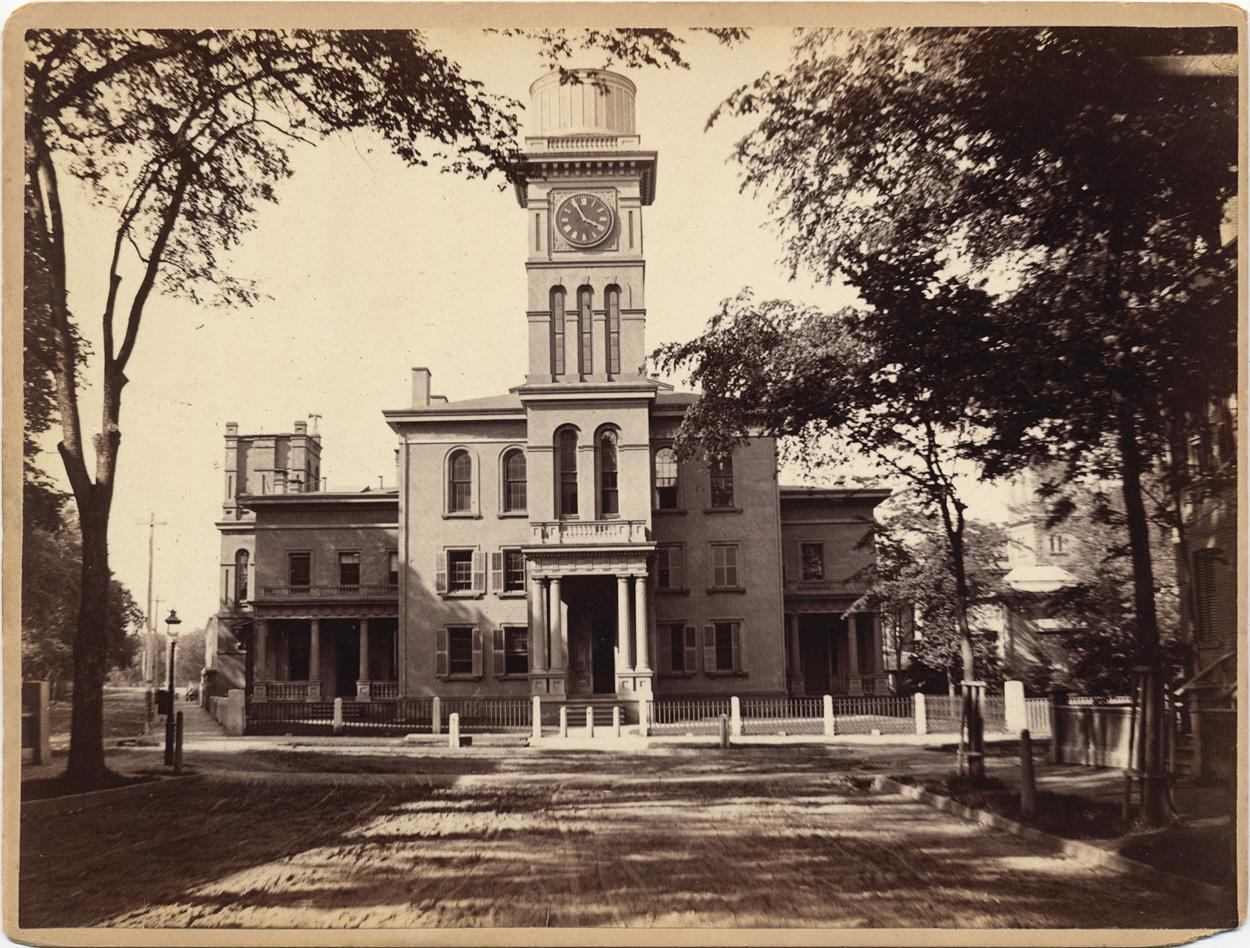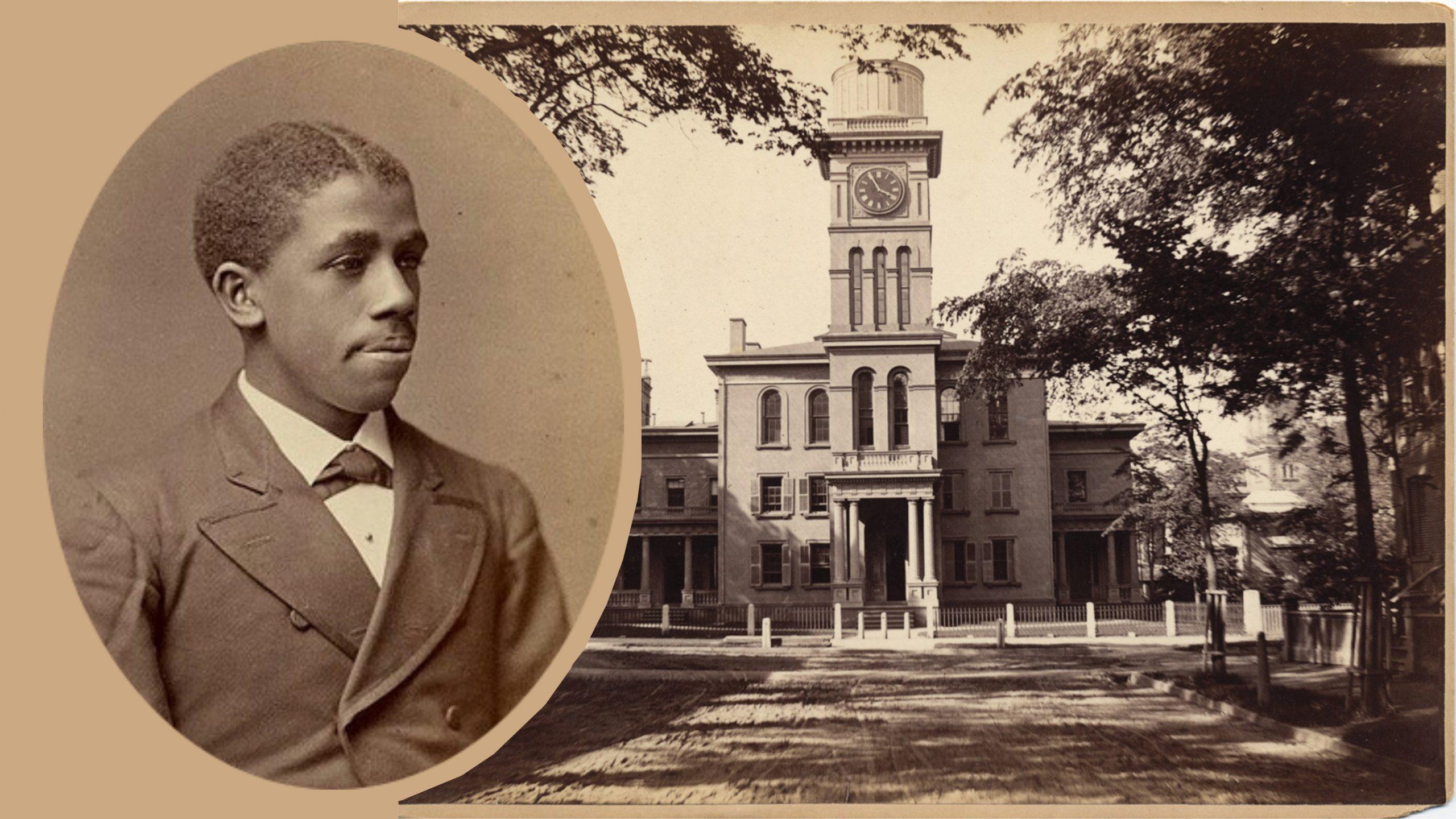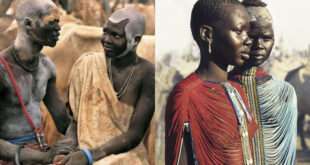Edward Alexander Bouchet (September 15, 1852 – October 28, 1918) was an American physicist and educator who was the first African American to acquire a Ph.D. from any American university, finishing his physics dissertation at Yale in 1876. He was inducted into the Phi Beta Kappa Society based on his academic achievements. He graduated from Yale College as one of the first African Americans in 1874.
Although Bouchet was elected to Phi Beta Kappa along with other members of the Yale class of 1874, the actual induction did not take place until 1884, when the Yale chapter was reestablished after thirteen years of dormancy.
Bouchet was not the first African American to be elected to Phi Beta Kappa, as many historical records indicate; that distinction goes to George Washington Henderson (University of Vermont). Bouchet was also one of the first 20 Americans (of any race) to obtain a Ph.D. in physics, and the sixth to do so from Yale.

Early life
Edward Bouchet was born in 1852 to parents William Francis Bouchet and Susan (Cooley) Bouchet in New Haven, Connecticut.
In 1824, his father was transported to New Haven as the enslaved valet of a young plantation owner and Yale student from Charleston, South Carolina. When his owner graduated from Yale, William Francis was liberated, and he began to work as a janitor and eventually a porter at Yale, as well as serving as a deacon of the Temple Street Church, the city’s oldest black church.
Edward’s mother took in Yale students’ laundry. He was the only male in a family of four children. Fanny Bouchet Turner and Georgie Bouchet were two of his sisters.
There were just three schools in New Haven that admitted black pupils in the 1850s and 1860s. Bouchet attended Sarah Wilson’s Artisan Street Colored School, which had only one instructor. Bouchet’s academic aptitude and ambitions were supported by her. From 1866 to 1868, he attended New Haven High School, and then Hopkins School from 1868 to 1870, when he was valedictorian.
Studies
Bouchet’s abilities were discovered by Alfred Cope of the Society of Friends and Institute for Colored Youth in Philadelphia. Cope wanted Bouchet to teach at the Center after completing his studies, so he paid for his time at Yale to make this possible. When Bouchet graduated from Yale, he was sixth in his class. The refractive indices of several glasses were measured as part of Bouchet’s doctoral thesis.
Professional life
Due to racial discrimination, Bouchet was unable to secure a university teaching or research facility employment after receiving his PhD. In 1876, he moved to Philadelphia and began teaching physics and chemistry at the Institute for Colored Youth (now Cheyney University of Pennsylvania), where he stayed for the next 26 years. He resigned in 1902, at the height of the controversy between W. E. B. Du Bois and Booker T. Washington over the need for black people to receive an industrial rather than a collegiate education.
Bouchet worked in a variety of professions across the country for the next 14 years. He was the director of academics at St. Paul’s Normal and Industrial School in Lawrenceville, Virginia (now St. Paul’s College) from 1905 to 1908. From 1908 until 1913, he was principal and teacher at Lincoln High School in Gallipolis, Ohio, until he was forced to retire due to arteriosclerosis.
Death
Bouchet returned to New Haven after retiring. After a six-week illness induced by high blood pressure, he died in his childhood home at 94 Bradley Street in 1918. He was never married and did not have any children. He was buried in New Haven’s Evergreen Cemetery in an unmarked grave. Bouchet’s grave was marked with a headstone by Yale University in 1998.
Legacy
The Edward A. Bouchet Award is given by the American Physical Society (APS Physics) to some of the country’s best physicists for their contributions to physics.
Professor Abdus Salam, the late Nobel Laureate, launched the Edward Bouchet Abdus Salam Institute (EBASI) in 1988, under the guidance of founding chairman Charles S. Brown. Professor Milton Dean Slaughter is the current chair of EBASI.
The Edward A. Bouchet Graduate Honor Society was established in his honor by Yale and Howard Universities in 2005.
 The African History Truly African
The African History Truly African

